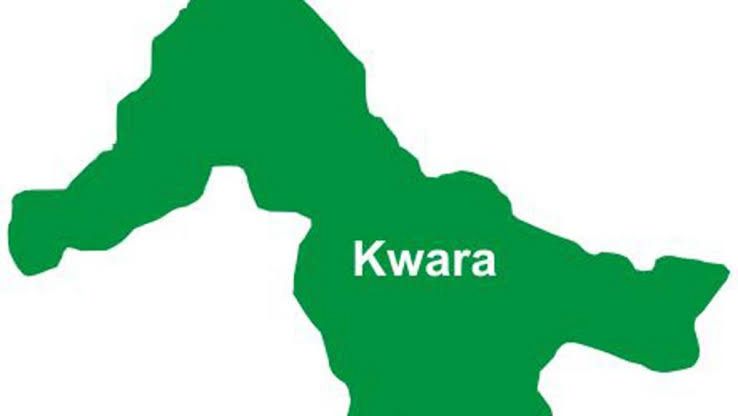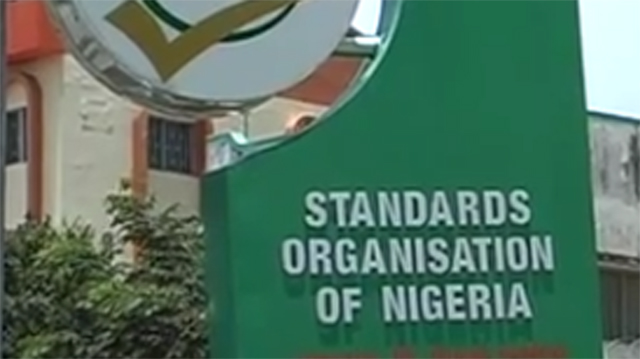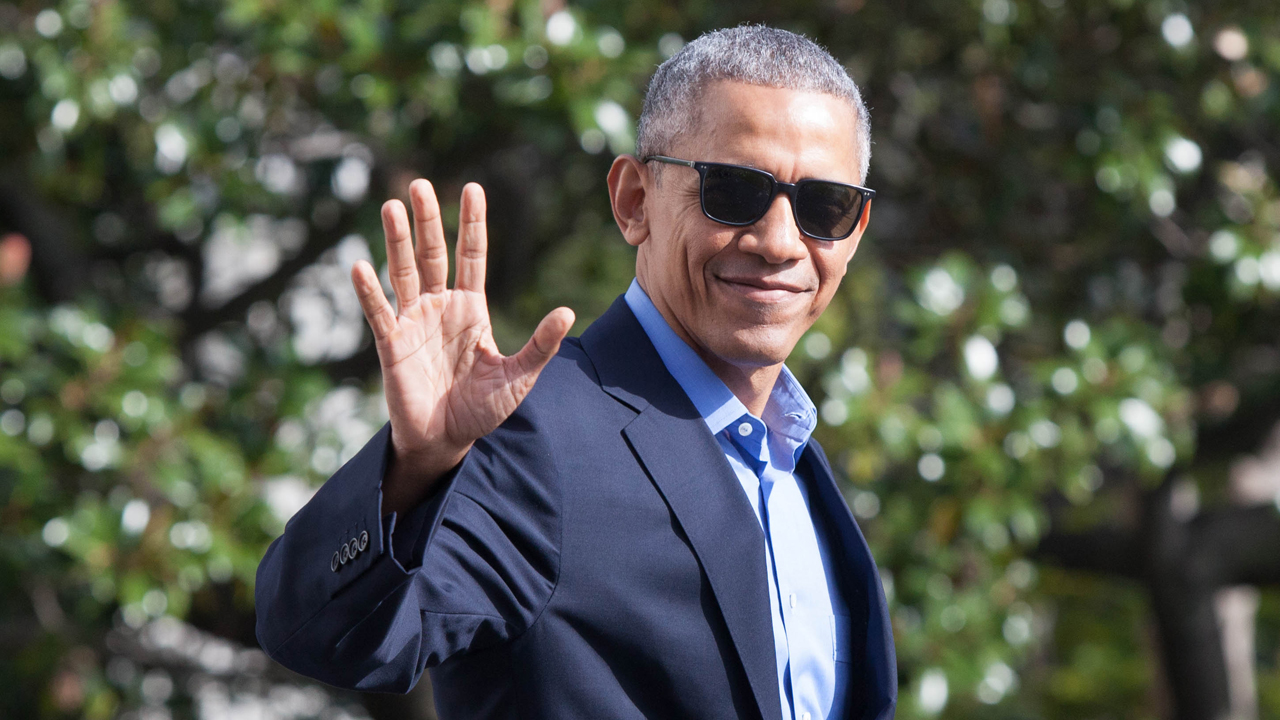
Chief Innocent Chukwuma is the Executive Officer, Innoson Group of Companies, one of the biggest automobile and plastics manufacturing companies in the country. He recently spoke to LAWRENCE NJOKU on how local manufacturers are coping with recession, among other issues
Why were you given an award by the Nigerian Defence Academy?
The Nigerian Defence Academy honoured me with an award. When they invited me for the award, I couldn’t ascertain why they chose me, but when I got there, I realised that they wanted to honour me alongside a retired Major General and a retired professor, who did something for Nigeria. They told me they decided to give me the award, after I was recommended by the Nigeria Air Force, based on what I did sometime ago, when they had some problem. Some of their Jet fighter components had issues and I fabricated and provided the components. This, they said, qualified me for the award.
So, where do you want to go from there?
For me, it was an encouragement to do more. What this means is that some Nigerians are appreciating the little we are doing here, as local manufacturers. We depended on our local raw materials to manufacture some of the components they needed. So, for us, it is a good start and that we should do more.
Talking of homegrown products, how much patronage do you get, especially with the present recession?
Homemade products are for the benefit of every Nigerian. Looking at the economy, the problem we have is that we don’t have enough dollars to import everything we need. So, it is better for us to produce things by ourselves, so we’ll be able to move forward. Any Nigerian buying or patronising made-in-Nigeria products is supporting the country, because importing everything we need is bad. We don’t have the resources to be importing all the time. This does not, however, mean we should not import, but a country should not make importation its hallmark.
We have some made in Nigerian vehicles, whose engines are imported. Those vehicles have local inputs and when we continue that way, it will help grow our economy. Concentrating on locally made products can solve our problems. So, my advice is that we keep encouraging made-in-Nigeria products. People frequently come to our company to buy automobile, our plastics and even tyres, and they have attested that they are good.
Is it easy for local manufacturers to access funds?
As a businessman, I started this Plastics factory with loan from Bank of Industry. I have always sourced loan from the Bank of Industry with ease. The first loan I got from them was a bit difficult, probably because they didn’t know me then, but when I repaid according to our agreement, that paved way for confidence and anytime I need loan now, they give it to me easily, because they know I’ll repay it. I don’t think the Bank of Industry has said it doesn’t have money for our local industries, which might need them. From my own personal experience with them, you don’t need to know anybody in their office for you to get what you are looking for.
So, I would encourage our people to invest and use the bank to sustain the venture.
How have you coped with such regulatory agencies as Standard Organisation of Nigeria (SON) and Federal Inland Revenue Service (FIRS), among others?
These are government agencies established because there should be order in the manufacturing and production sectors, among others. They have always set out their rules and regulations. So, what we do is to ensure that we meet with these rules and standard. We don’t cut corners, and you discover that by doing this, people patronise us more and even help advertise our products to the world. If your product is poorly done, nobody will patronise you.
Regarding tax, it is a normal thing that once you’re in business, you must pay it. I have enjoyed tax exemption from the Federal Government, especially at the start of my business. I think for the starters, you need to apply for tax holiday and they will give you. You can also inform them, when they are over billing you and they will listen.
So, I don’t think tax is a problem, because there have been instances, when I applied and I’m still enjoying what they approved.
Are you saying government policies are favourable?
All I ask our people, especially manufacturers to do, is cooperate with government, because I don’t think any government will intentionally set out to introduce tax policies that will work against the manufacturing sector, knowing that the sector is the livewire of any nation. They have supported us through their policies and we know they will continue to do so.
How are local manufacturers faring in this recession?
I believe government is tackling it. It has not been easy because our people still feel they need to look outside. But I must tell you that the encouragement and consumption of local products are increasing by the day and we will want that to continue.
What are the challenges you are facing?
I have distributors all over Nigeria. Nigeria is very big. So, if roads to transport products to the West are bad, we go to the other parts of the country. This is because all the roads in the different parts of the country cannot be bad at the same time. We serve the whole nation. Since we noticed that the roads are bad and that there is need for foreign exchange to drive the sector, what we have resorted to doing is to export some of our finished products, to enable us source foreign exchange to support our manufacturing.
The issue of electricity is also no problem. When we started this company, the percentage of power was too poor and realising this, we resorted to using generator. Presently, however, power supply has improved. It was worse, when we started than now, but it is no longer an issue for us. I should add though that those who face power challenge will ultimately pass it on to the consumers, as it will surely affect the price of their products, which means people will buy at high cost.
Aside loan facilities, in what other ways can government help local manufacturers?
I believe government has always had friendly policies, but the challenge has been implementation. Some people say one thing and do another, and such has always obstructed the local manufacturers. There has been poor implementation of government policies and initiatives, which ultimately fall back on the manufacturer.
So, personally, I think there should be a conscious effort to implement government policies and programmes, especially as they concern the manufacturing sector because that is the only avenue that would boost the economy. When the policies are well implemented, it will boost the economy and help our local industries stabilise.
What is the future of Nigerian economy? Are we on the right course?
There was a mistake from the beginning, which triggered this rise in the price of dollar. If government can try to stabilise the price of dollar in such a way that our people can easily afford it, it will help the economy to grow. People are pulling their money from the bank and changing into dollars, and that is why the banks are crying. If government can make dollars available, the price will start to fall. The people investing in dollars are pulling their money out because the rate of dollar is high.
What is the quantity of local raw materials you use in your production?
I use about 60 percent local raw materials in all our production. I make the carcass of the vehicles we manufacture. I produce all the plastic components in our plastic factory, as well as, any other thing that could be produced locally to help our plastic industry, and we also buy. We don’t assemble, we only manufacture, which is why we are capable of buying any component sourced locally. Such things as engine, gearbox and a few others are not manufactured here, which increases cost. But we have 60 percent local input.
What do you export?
I am presently exporting plastics and vehicles to African countries. This started this year, when we wanted to increase our access to dollars.
People say you don’t use your products…
I am using about four units of the vehicles I manufactured. I have some old vehicles and I cannot throw them away because I am now into the manufacturing vehicles. I have always maintained my old vehicles. Some of them are 11 years old and more, and they are serving me effectively. I cannot throw them away.
However, the new vehicles on my fleet are Innoson vehicles.
[ad unit=2]





